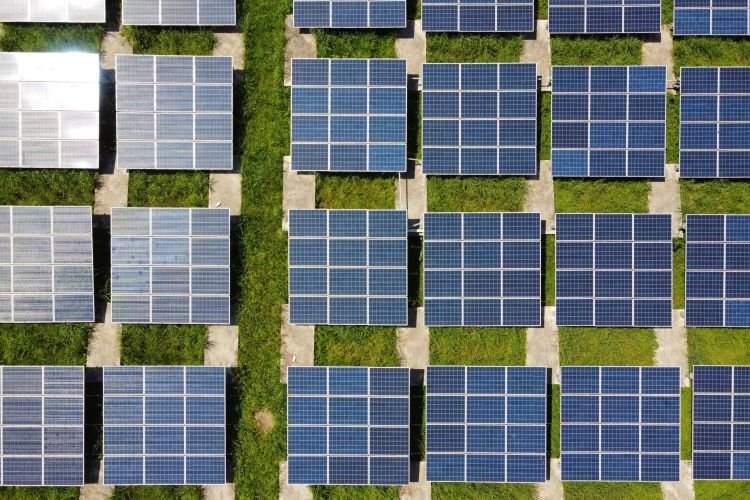 Solar power is a clean and renewable energy source that harnesses the energy from the sun to generate electricity. It is a highly efficient and cost-effective solution to meet the growing demand for electricity in the world. With advancements in technology and a decrease in production costs, solar power is rapidly becoming one of the most popular forms of renewable energy.
Solar power is a clean and renewable energy source that harnesses the energy from the sun to generate electricity. It is a highly efficient and cost-effective solution to meet the growing demand for electricity in the world. With advancements in technology and a decrease in production costs, solar power is rapidly becoming one of the most popular forms of renewable energy.
How Solar Power Works
Solar panels, also known as photovoltaic cells, convert light into electricity. The panels are made up of photovoltaic materials that absorb photons from sunlight and release electrons, which create an electrical current. The electrical current is then captured and stored in batteries or sent to the grid to power homes and businesses.
Benefits of Solar Power
- Clean Energy: Solar power is a clean source of energy as it does not produce any harmful pollutants or greenhouse gases, which are the main causes of global warming and climate change.
- Cost-Effective: The cost of solar power has significantly decreased in recent years, making it a more affordable option for households and businesses. Additionally, solar power systems require little maintenance, further reducing costs.
- Reliable: Solar panels have a long lifespan and are highly durable, ensuring a reliable source of energy for many years. They also continue to produce energy even during power outages, making them a valuable backup option.
- Versatile: Solar panels can be installed in a variety of locations, including rooftops, ground-mounted systems, and floating arrays. This versatility makes solar power an ideal solution for a wide range of energy needs. Visit the page.
Uses of Solar Power
Solar power has numerous uses and can be a valuable source of energy for a wide range of applications. As the technology continues to improve and costs decrease, the use of solar power is expected to increase significantly in the coming years.
- Residential and Commercial Electricity Generation: Solar panels can be installed in homes and businesses to generate electricity and reduce dependence on the grid.
- Agricultural Applications: Farmers can use solar power to power irrigation systems, barn lighting, and other farm equipment.
- Remote and Off-Grid Applications: Solar power is ideal for powering remote locations, such as off-grid cabins, remote villages, and disaster relief sites.
- Transportation: Solar power can be used to power electric vehicles, reducing dependence on gasoline and diesel fuels.
- Water Pumping: Solar power can be used to pump water for irrigation, drinking water, and other purposes.
- Telecommunications: Solar power is used to provide electricity for communication equipment, such as cell towers, in remote areas.
- Street Lighting: Solar power can be used to power street lights, reducing dependence on the grid and lowering maintenance costs.
- Signage: Solar power can be used to illuminate signs and advertising displays, reducing energy costs and increasing reliability.
- Gadgets: solar power has been seen to be used on some calculators, watches like the Seiko Astron, and other small everyday items that we use.
Conclusion
Solar power is a clean and renewable energy source that offers numerous benefits, including cost savings, reliability, and versatility. As the demand for clean energy continues to grow, solar power is poised to play an increasingly important role in meeting our energy needs. Whether you are a homeowner, business owner, or policymaker, it is essential to understand the benefits of solar power and its role in creating a sustainable future.





